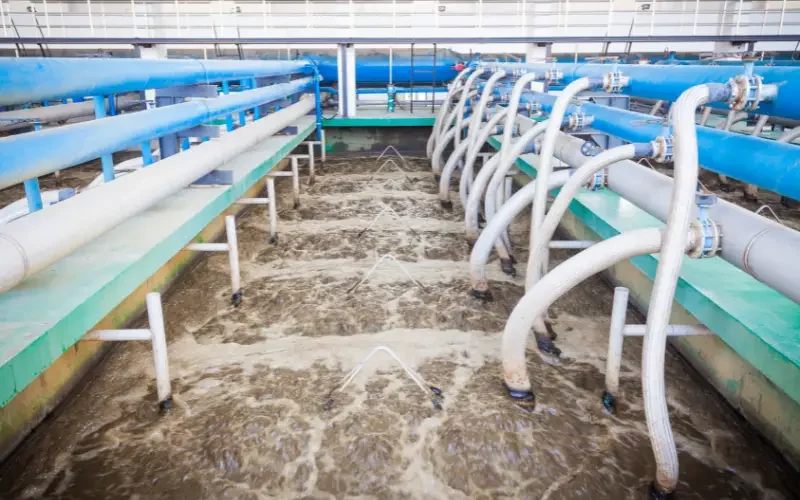EC refers Bulgaria and Romania to court for failure to adequately collect and treat urban waste water

On November 14, the European Commission decided to refer Bulgaria and Romania to the Court of Justice of the European Union for failing to fully comply with the collection and treatment obligations set in the urban waste water treatment. The Directive aims to protect people's health and the environment by requiring that urban waste water is collected and treated before discharge into the environment.
Towns and cities (agglomerations) need to put in place the necessary infrastructure to collect and treat their urban waste water. Uncollected or untreated waste water can put human health at risk and pollute lakes, rivers, soil and coastal and groundwater. Bulgaria and Romania both benefitted from derogations to comply with this directive under their Accession Treaty.
In Bulgaria, 10 big agglomerations (with more than 10,000 inhabitants) fail to fulfil the directive's requirements concerning collecting systems. In 20 big agglomerations, urban waste water entering collecting systems is not treated appropriately. And in 30 big agglomerations, Bulgaria is failing to provide a more stringent treatment before discharging waste water into sensitive areas. All these agglomerations should have been compliant by 31 December 2010.
The Commission sent a letter of formal notice to Bulgaria in July 2017, followed by a reasoned opinion in May 2020. The Commission considers that efforts by the Bulgarian and Romanian authorities have, to date, been insufficient and is therefore referring Bulgaria and Romania to the Court of Justice of the European Union.
The European Green Deal, under its zero pollution ambition, aims to effectively protect human health, safeguard the natural environment and reach climate neutrality. Under the urban waste water treatment directive, Member States must have in place collecting systems for all agglomerations with at least 2,000 inhabitants.
Where the establishment of a collecting system is not justified, notably because it would entail excessive costs, individual or other appropriate systems can be used instead, provided they achieve the same level of environmental protection. Member States must also ensure that discharges stemming from urban waste water treatment plants serving agglomerations with at least 2,000 inhabitants comply at least with the secondary treatment level (consisting in the treatment of organic matter in urban waste water), before being released in the environment. If an agglomeration discharges its waste water into a sensitive area then it must ensure that they are subject to a treatment that is stricter than the secondary one.
While compliance with the directive is the primary responsibility of national authorities, Bulgaria and Romania have benefitted from substantial EU funding for urban wastewater treatment through cohesion policy projects.
Get the latest news wherever you are!
Follow us on
Facebook
and
Instagram
Follow BNT’s YouTube channel
You can now also watch us on
TikTok
Find us on
Google News























